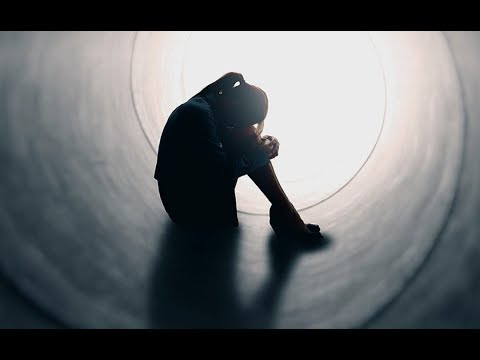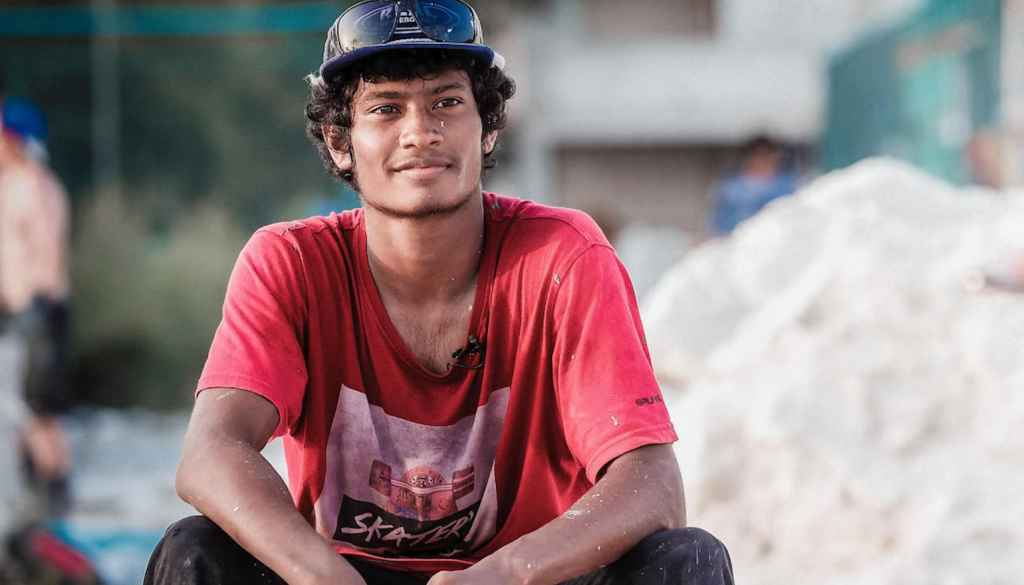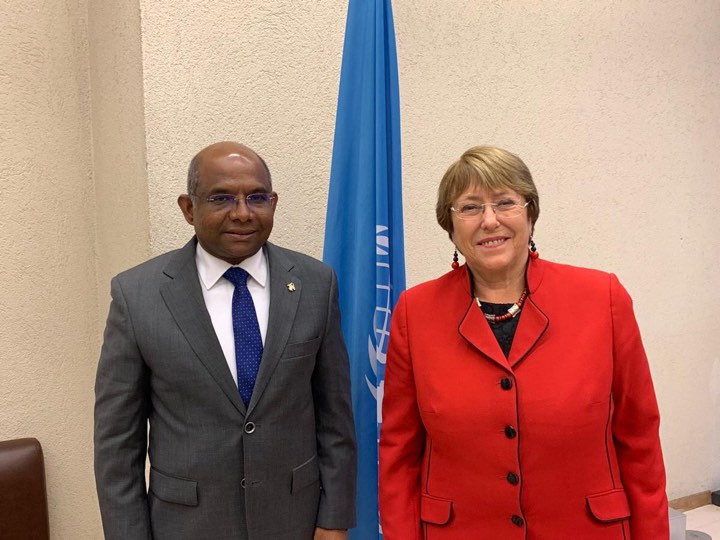Stigma surrounding mental health in Maldives must end!
Many sufferers refuse to accept and seek help because there is so much negativity attached to the way mental health is perceived


Patients suffering from mental illnesses often suffer silently
I still remember the breezy laughter that followed whenever she entered a room, her petty complaints about everything insignificant that would make her space out for a minute and then burst into a fit of laughter when she realized how silly she sounded. Throughout the four years I got to spend with her, with her inexplicably random mood swings and episodes of silence, I couldn’t figure out a single reason why she would give up her life.
My wake-up call, death of a friend.
I was powering through morning classes in University when I got the horrific phone call from one of our bunch. Hesitant at first since we had all had a bit of falling out after school, I missed the call. A second call that brought the feeling of a knot in the pit of my stomach made me answer, she was dead.
The girl who always wore a silly grin on her face, the one who was always cracking jokes and the one whose silence we chose to ignore because we were a young bunch of 16, had finally given into her inner demons.
Now, eight years later, I wish I had been observant enough to get her to share the storm that was making her head spin into a whirlpool of madness that she had been suffering alone for all those years. Had I understood that her silence was a desperate cry for help and not arrogance, had I understood her episodes of random panicking and breaking down, I would probably have been there to tell her to step away from the balcony of the fifth floor from where she plummeted to her death.
Denial.
The biggest struggle among those suffering silently is how they can never pin point what exactly is wrong with them, where exactly it is hurting. Whereas physical pain is discernible, I have seen doctors brush off patients who have rushed into the emergency room because they are out of breath and suffering from panic attacks, only to hear that there is nothing “physically” wrong with them. It is naturally more obvious that physical pain draws more concern from everyone who surrounds us, but what about the person who has been sitting on bed for two hours, paralyzed out of fright, trying to figure out the endless battles they are crossing with their subconscious mind every day?
Everybody suffers from mental health complications differently, everybody has different limits they can take and everybody has different ways to express it. While it is very apparent through the actions of some, others show no signs of suffering. Someone could have a smile plastered on their face, their eyes glistening with excitement but their insides could be churning with self-remorse and the fear of being judged and criticized with every word they say. In most of the cases relating to mental health complications sufferers show signs of anxiety, societal withdrawal, isolation, unexplained anger episodes and suicidal behavior or lack of self-care.
Some of the causes that may have triggered the most common mental illness, depression, may have been rooted in early stages of life. Sufferers who get triggers of anxiety have either suffered psychological trauma as a child or been heavily neglected or ever lost someone who was dear to them.
Burden.
While Maldives has only a handful of qualified mental health professionals despite a rise in mental health problems, these services are seen to be provided only in capital city Malé, making it obligatory for those diagnosed with mental health illnesses to board the financial excavator to make their way to the capital to seek treatment. Difficulty in availability of psychiatrists and their expensive services in local clinics are just an added burden to patients, all the more reason why they do not want to openly admit to battling with mental illnesses.
However, with the inauguration of a new government, the people have high hopes with the strides the country is taking in the path of progress into establishing better health facilities.
Ignorance.
Despite its obvious prevalence, the Maldives is yet unknowing of the concept of mental illnesses that takes the life of many, silently pleading victims of their own subconscious mind. The community is seen repressing these disorders with high levels of stigma that forces victims that seek help, to wear the labels “weak”, “lazy” and “lacking belief”. The stone-cold fact is ignored by so many that have failed to accept that mental illnesses can overtake the rich, educated, most sane-minded and not just the illiterate, poor and young.
It is important to note that we are only making it worse by telling them that are “lacking” faith and belief, a concept very normalized in the Maldivian society that we are teaching our children that prayers are equivalent to doctor prescribed modern medications. We are only pushing them closer to the edge of the cliff when we label them as lazy and cowardly. Many sufferers refuse to accept and seek help because there is so much negativity attached to the way mental health is perceived. Why?
“Because it’s all in your head!”
No, they are not too lazy to get their lives together, no, they are not overreacting to something that requires a simple solution and no, they are not “crazy” for getting triggered at the slightest joke their friends chose to play on them. Study them, extend a helping hand, they need you.
The next time a friend tells you they “don’t want to do this anymore”, don’t leave the table. Pull them back and if you are afraid nothing you say might help them, make them seek professional help because every single person has a role in preventing suicide.
This is from a friend who would’ve saved an amazing soul from giving up if this pressing issue had been addressed earlier. Make it known, acknowledge the issue, start that conversation with the stranger cowering into the corner of the room. Let us join hands to forever abolish the stigma surrounding the concept of mental health.






